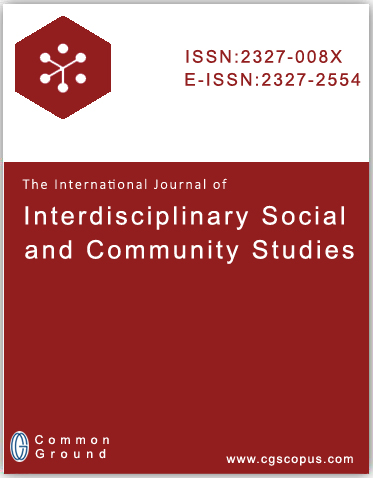FROM SOVEREIGNTY TO SUSTAINABILITY: EXAMINING INDIA’S SPACE LAW TRAJECTORY WITH COMPARATIVE INSIGHTS ON ENVIRONMENTAL DEGRADATION IN OUTER SPACE
DOI:
https://doi.org/10.18848/96f33k23Abstract
India’s ascent as a prominent spacefaring nation has been marked by a dynamic interplay between sovereignty-driven objectives and emerging imperatives for environmental sustainability. This research examines the evolution of India’s space law framework, tracing its trajectory from a focus on national control and strategic autonomy to a gradual, though incomplete, integration of environmental considerations. The research situates India’s policies within the broader context of international space law, including obligations under the Outer Space Treaty and evolving norms on space debris mitigation & protection of the outer space environment. Drawing on comparative insights from US, EU, & China, the research highlights how other major space powers have adopted regulatory mechanisms to incentivize debris mitigation, enforce accountability, and promote sustainable practices. In contrast, India’s legal regime remains anchored in draft legislation and agency-level protocols that lack binding force and transparency. The research identifies critical gaps in India’s approach, such as the absence of enacted national legislation explicitly addressing environmental degradation in outer space and limited institutional capacity to monitor and enforce compliance among emerging private actors. The research argues that as India accelerates its commercial and scientific activities in space, the urgency of integrating robust environmental safeguards into domestic law becomes paramount. It proposes a comprehensive legislative framework that embeds sustainability obligations, strengthens regulatory oversight, and positions India as a proactive contributor to the global governance of outer space.










